Character Analysis: Navigating the Moral Labyrinth in “The Ides of March”
George Clooney’s “The Ides of March” plunges viewers into the cutthroat world of presidential campaigning, a realm where idealism often collides violently with ruthless pragmatism. At its core, the film is a fascinating character study, presenting a powerful ensemble of individuals, each a cog in the political machine, grappling with ambition, loyalty, and the slippery nature of integrity.
Stephen Meyers (Ryan Gosling): The Idealist’s Unraveling
At the heart of “The Ides of March” is Stephen Meyers, masterfully portrayed by Ryan Gosling. Initially, Stephen embodies the bright-eyed, ambitious communications director – a true believer in Democratic presidential candidate Mike Morris and the progressive ideals he purportedly represents. He’s sharp, confident, and seemingly uncynical, driven by a genuine desire to see his candidate succeed and, by extension, fulfill a greater good.
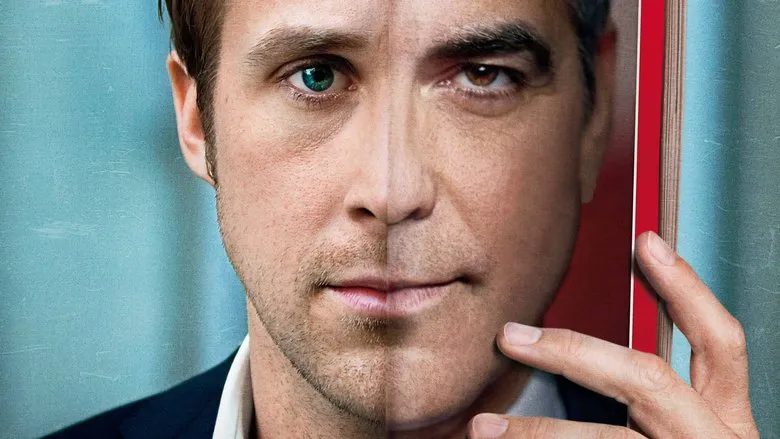
However, as the narrative progresses, Stephen’s idealism is systematically chipped away. He faces a series of moral and ethical challenges that force him to confront the grim realities behind the polished facade of high-stakes politics. His entanglement with the young intern Molly Stearns, his strained relationship with mentor Paul Zara, and his dangerous dance with the opposing campaign’s manager Tom Duffy all serve to push him towards a profound personal reckoning. Stephen begins to question whether the pursuit of victory justifies the abandonment of principles. His journey is one from youthful exuberance to jaded pragmatism, culminating in a chilling transformation where he adapts to, and ultimately utilizes, the very tactics he once questioned. The film leaves us with a Stephen who has lost his innocence and, perhaps, a part of his soul, his reputation forever altered by the ruthless crucible of the campaign.
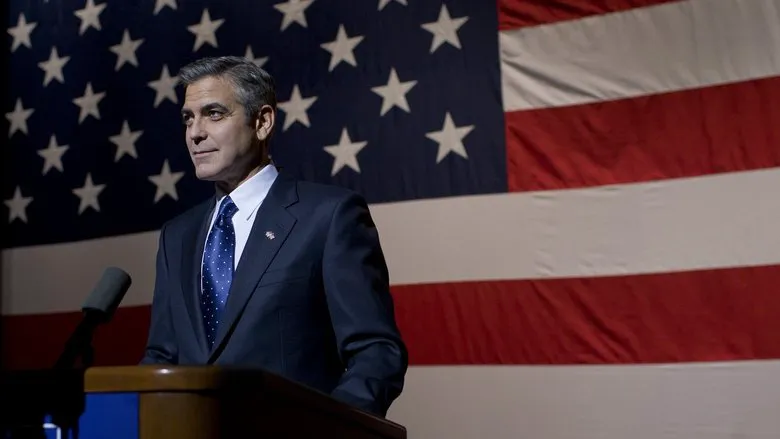
Governor Mike Morris (George Clooney): The Charismatic Enigma
George Clooney portrays Governor Mike Morris, the charismatic and seemingly virtuous Democratic presidential hopeful. Morris is presented as a compelling figure, a blend of progressive orator and seasoned politician, capable of inspiring fervent loyalty from his team and the electorate. He’s the embodiment of the “hope and change” mantra, a carefully crafted public persona designed to win hearts and minds.
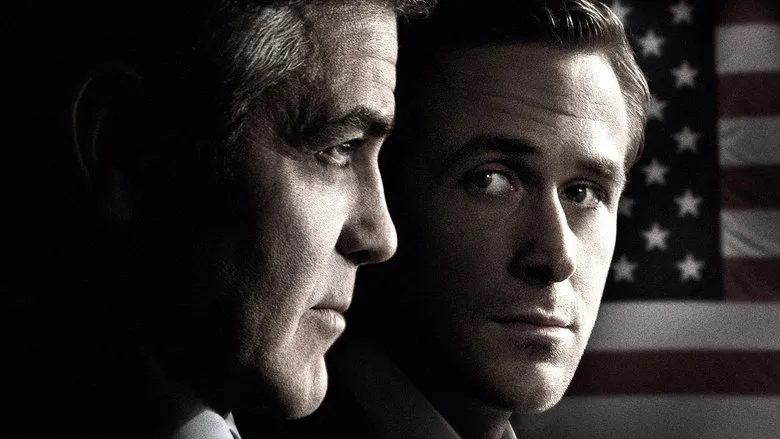
However, beneath the veneer of idealism, Morris is revealed to be a profoundly pragmatic and, at times, cold individual. He is willing to make tough, morally ambiguous decisions to protect his political aspirations, demonstrating the Machiavellian nature often required at the highest levels of power. His actions, particularly regarding Molly Stearns and the potential donor, highlight the cynical calculus behind his political ascent. Morris is not just a candidate; he’s a symbol of the compromise inherent in seeking absolute power, forcing Stephen, and by extension the audience, to confront the uncomfortable truth that even seemingly good leaders may engage in morally dubious acts to secure their position.
Paul Zara (Paul Giamatti): The Hardened Strategist
Paul Giamatti delivers a powerful performance as Paul Zara, the campaign’s chief strategist and Stephen’s seasoned mentor. Zara is a veteran of countless high-intensity campaigns, weary but sharp, and intimately familiar with the brutal realities of political warfare. He believes wholeheartedly that victory, if not the only thing, is certainly the most important thing, and that to achieve it, one must be prepared to get one’s hands dirty.
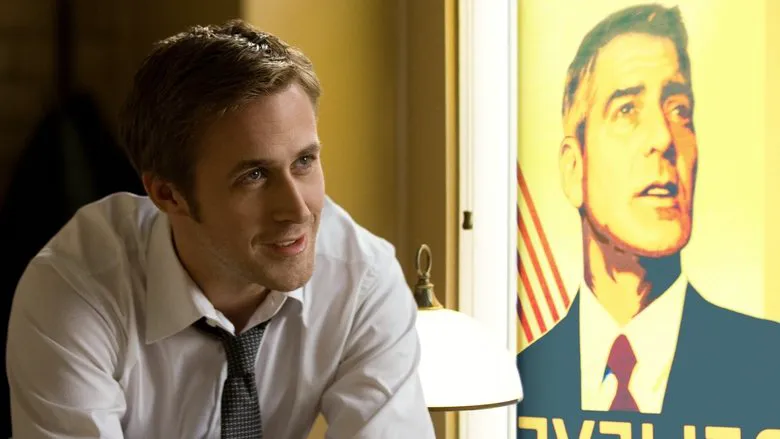
Zara acts as both a protective figure and a force of cynicism for Stephen. He pushes Stephen to abandon his naivety and adopt a more ruthless approach, arguing that such tactics are simply a necessary evil in the political arena. Their fraying friendship symbolizes the clash between idealism and experience, with Zara representing the bitter fruit of years spent in the trenches. His ultimate downfall, orchestrated by forces stronger than him, underscores the precariousness of even the most established players in this unforgiving game.
Molly Stearns (Evan Rachel Wood): The Innocent Caught in the Crossfire
Evan Rachel Wood portrays Molly Stearns, a young, intelligent, and vulnerable campaign worker whose presence inadvertently ignites many of the film’s central conflicts. Molly represents the human cost of political machinations, a relatively innocent bystander who becomes a casualty of the ruthless ambition surrounding her.
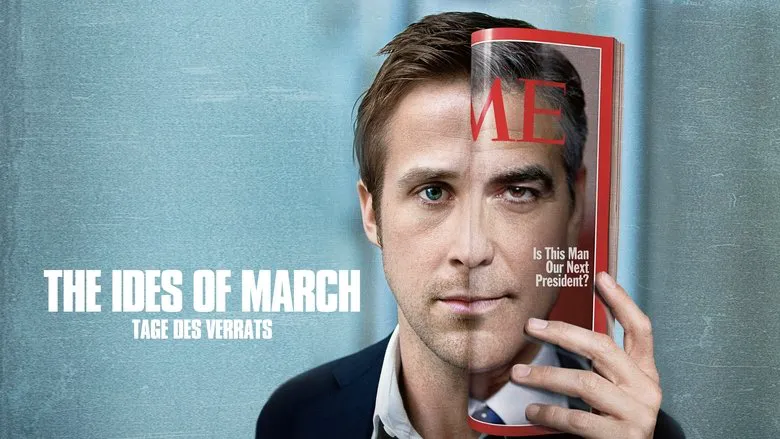
Her relationship with Stephen, complicated by her affair with Governor Morris, sets off a chain of events that exposes the dark underbelly of the campaign. Molly’s idealism, much like Stephen’s, is tragically shattered, and her fate serves as a stark warning about the corrupting power of high-stakes politics and how even peripheral figures can be swept away in the pursuit of power.
Tom Duffy (Jeremy Strong): The Cunning Rival
Jeremy Strong takes on the role of Tom Duffy, the shrewd campaign manager for Senator Pullman, Morris’s primary rival. Duffy is a master manipulator, capable of extracting information and playing the long game. Though his screen time is limited, his impact is significant; he serves as a constant external threat and a mirror to the ethical compromises inherent in campaign strategy.
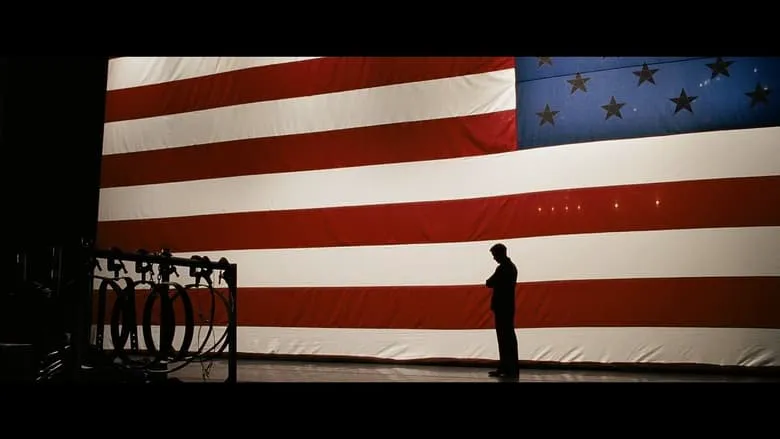
Duffy’s interactions with Stephen highlight the pervasive nature of ethical gray areas and veiled threats in political races. He represents the “other side” which, in its methods, is disturbingly similar to Morris’s campaign, underscoring the film’s message that corruption and moral ambiguity are not exclusive to one party or one candidate, but rather endemic to the system itself.
In “The Ides of March,” each character contributes to the rich tapestry of a world where ambition reigns supreme, and the line between moral conviction and strategic necessity becomes dangerously blurred. Their individual journeys reflect the film’s overarching commentary on the dark, complex nature of American politics.